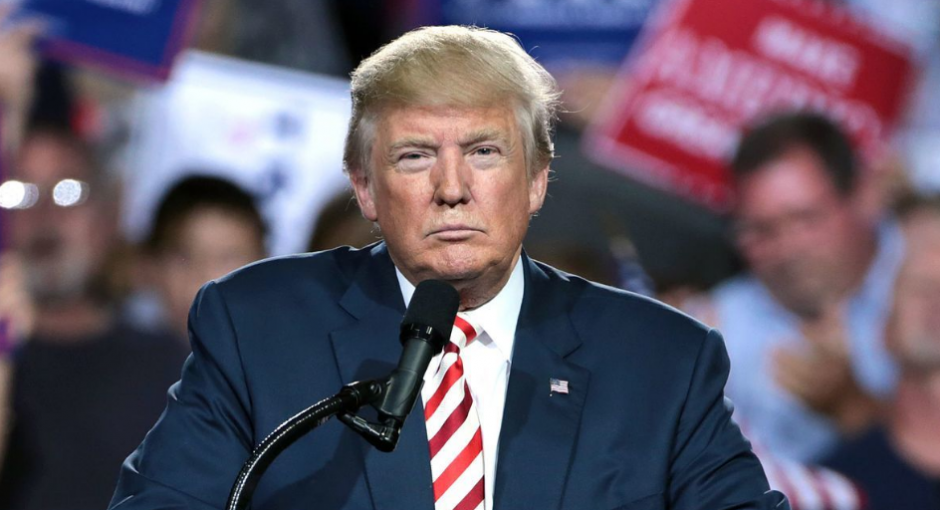The Biden administration yesterday formally announced that it wants to repeal a regulation issued during ex-President Trump’s last days in office that has helped to cast doubt on the authority of federal health care guidance, including for the 340B program. 340B Report first reported on this effort on Oct. 14.
The U.S. Health Resources and Services Administration (HRSA) has said for years that its limited power to issue binding and enforceable 340B program regulations and subsequent reliance on guidance interpreting what the 340B statute means hamstrings its ability to police the program.
The U.S. Health and Human Services Department (HHS) on Oct. 21 published a notice of proposed rulemaking proposing to repeal the prior administration’s Dec. 7, 2020 HHS Good Guidance Practices (GPP) final rule. The White House Office of Management & Budget last week cleared HHS to post the repeal notice in the Federal Register.
The GPP rule bars HHS from issuing guidance that creates legal obligations not grounded in law or regulation, or from using guidance to force anyone to do anything not required by law or regulation. It also requires the Health Resources and Services Administration (HRSA) and all other HHS agencies to identify all their guidance, post the documents in an online repository, and add this disclaimer to each document: “The contents of this document do not have the force and effect of law and are not meant to bind the public in any way, unless specifically incorporated into a contract. This document is intended only to provide clarity to the public regarding existing requirements under the law.”
“Significant” HHS guidance must be cleared first by OMB under the rule, followed by a 30-day public notice and comment period. The rule also set up a procedure for interested parties to petition HHS to withdraw or modify guidance documents.
The Biden administration’s Federal Register notice yesterday also proposed to repeal the associated Trump-era HHS Transparency and Fairness in Civil Administrative Enforcement Actions rule, finalized on Jan. 14, 2021. It requires HHS in civil enforcement actions
- to apply only those standards and practices that have been publicly stated
- to give parties written notice of its initial legal and factual determinations, an opportunity to respond in writing and in certain cases orally, and a written response to the affected entity (when timely requested)
- if the agency relies on a decision to assert new or expanded claims of jurisdiction, it must publish the initial decision in the Federal Register or HHS’s guidance repository before the conduct over which the jurisdiction is sought occurs.
HHS in March froze yet another Trump-era rule issued during its last days that would give practically all HHS regulations just a 10-year lifespan. To be extended, regulations would have to be assessed and reviewed under criteria established in the rule. A lawsuit has been filed to vacate the rule.


